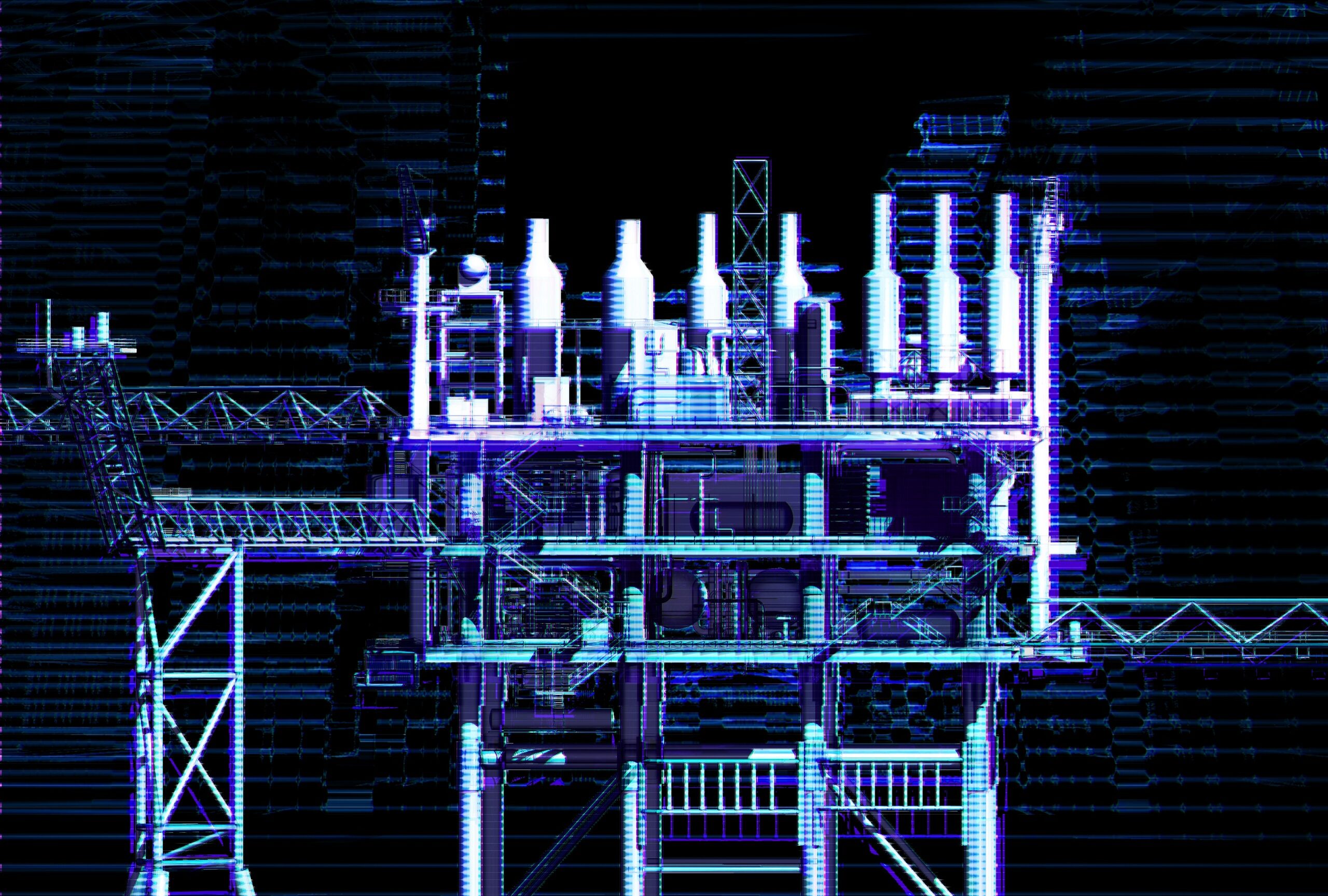
Virtual reality (VR) is a form of simulated experience that looks to mimic the real world. There are many applications of virtual reality including gaming, entertainment, education, and industry.
Due to the extreme conditions that can be seen in the oil & gas industry, virtual reality can be incredibly useful. It can provide a simulated environment for oil & gas processes allowing for testing and development. For example, a geologist equipped with a VR headset is able to visualize the earth’s subsurface and interpret seismic data. This technology presents a unique opportunity for oil & gas companies to gain key insights into their processes and methodologies.
Virtual reality provides a unique perspective for those in the oil & gas industry
As the report, Virtual Reality in Oil & Gas – Thematic Research by GlobalData explains: if a team of geologists, geophysicists, drilling engineers, and technicians need to analyze seismic data, VR creates a 3D subsurface that will observe terrain, undulations, and fractures. Providing an in-depth walkthrough like this can transform what oil & gas companies are able to do. This can even be used to assess the viability of a proposed oil & gas operation.
Key highlights of this report include:
- An overview of virtual reality as a theme in oil & gas
- Analysis of emerging use cases for VR across the oil & gas chain
- Overview of application areas for VR in oil & gas
- Analysis of trends across different industry verticals
Understand the importance of adopting VR in oil & gas, and identify key application areas for this technology and future trends. Review real case studies pertaining to the use of VR in oil & gas highlighting the growing capabilities of VR in addressing business challenges.
To learn more about this report, visit GlobalData’s Report Store.



